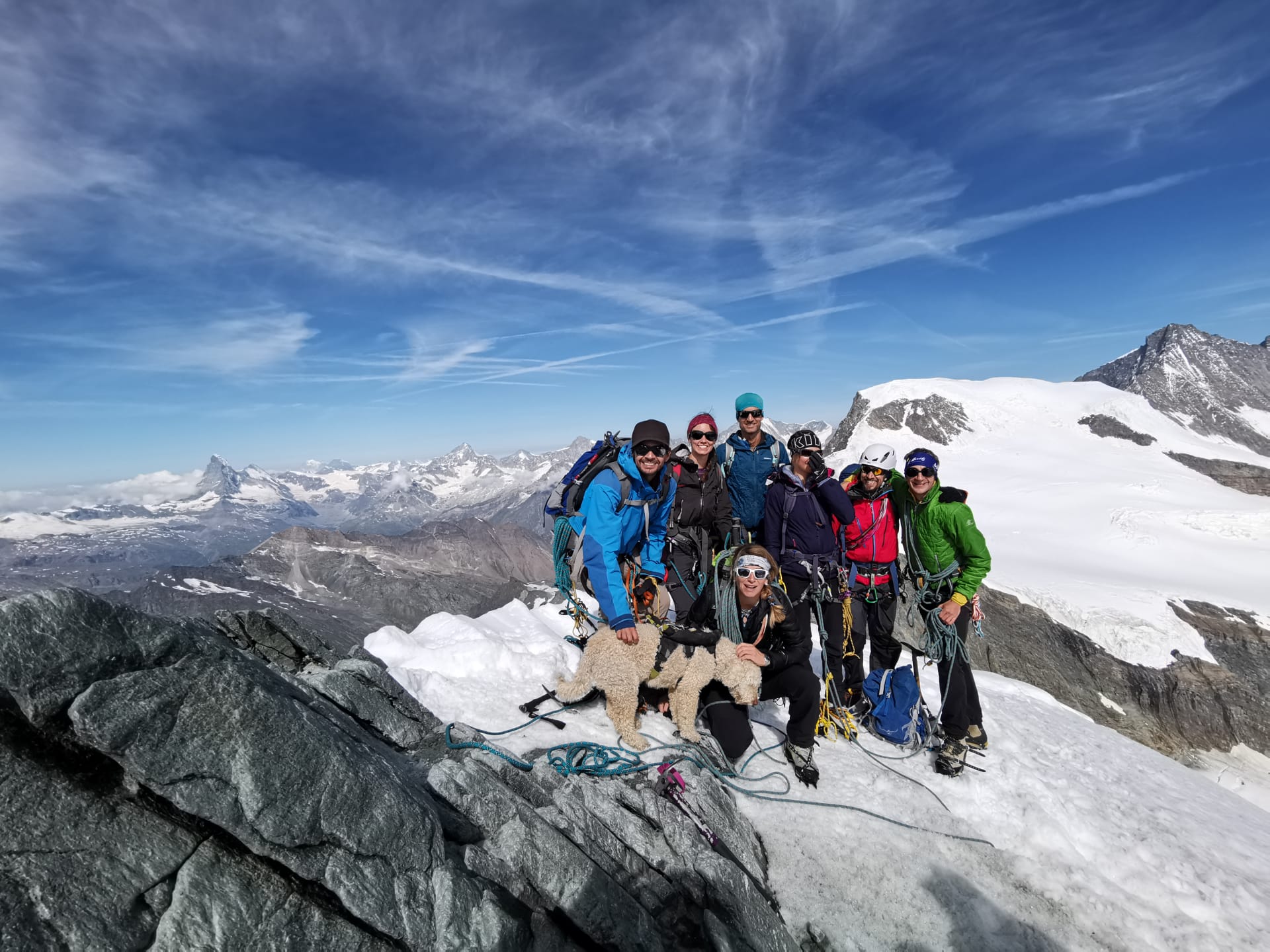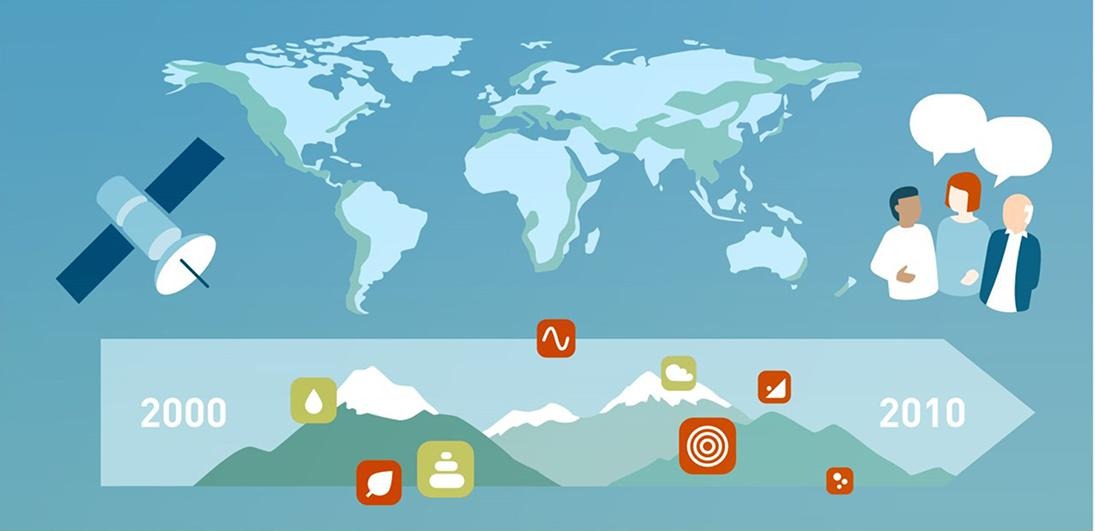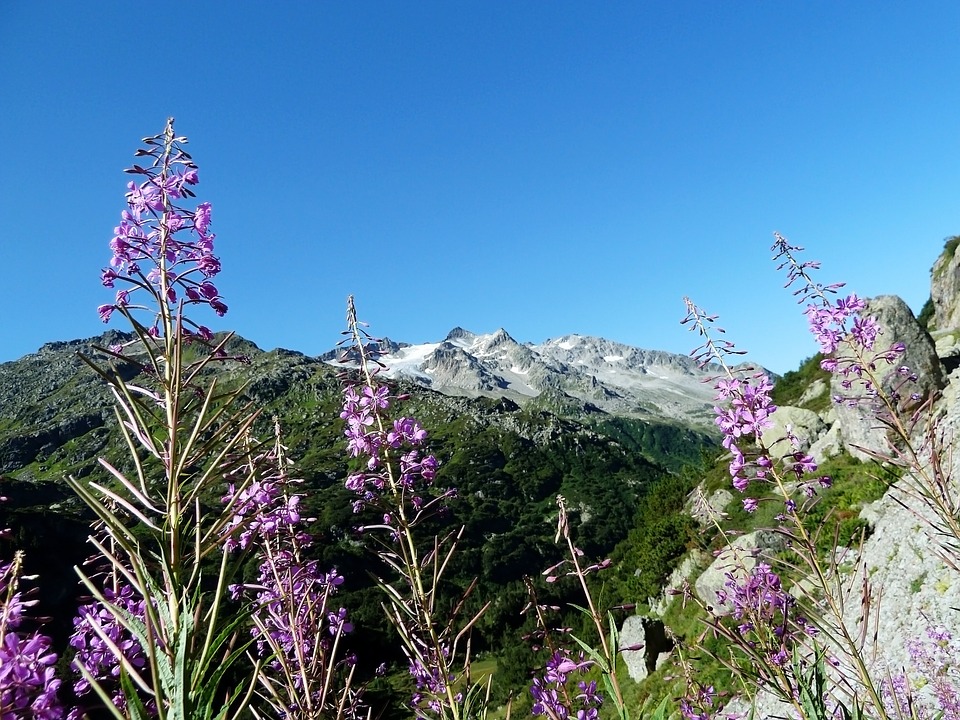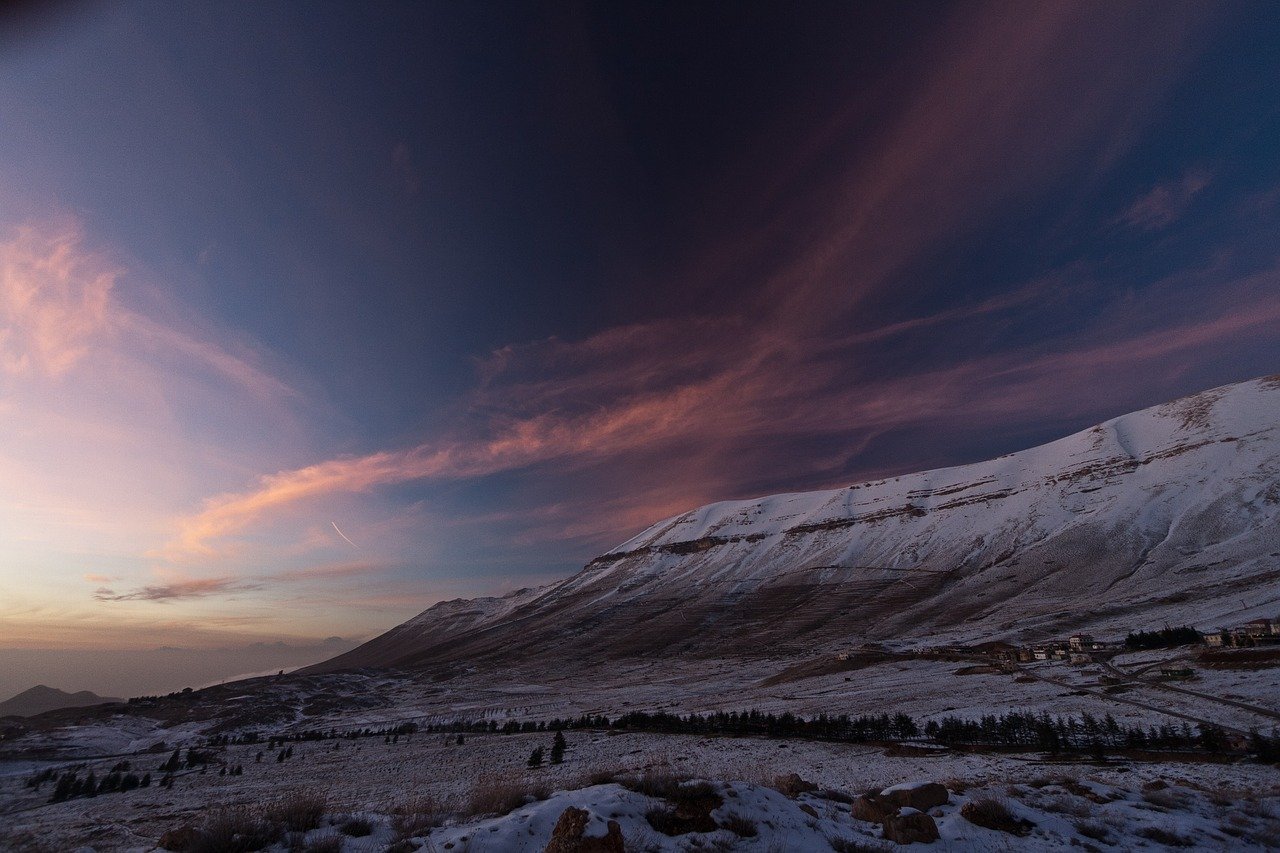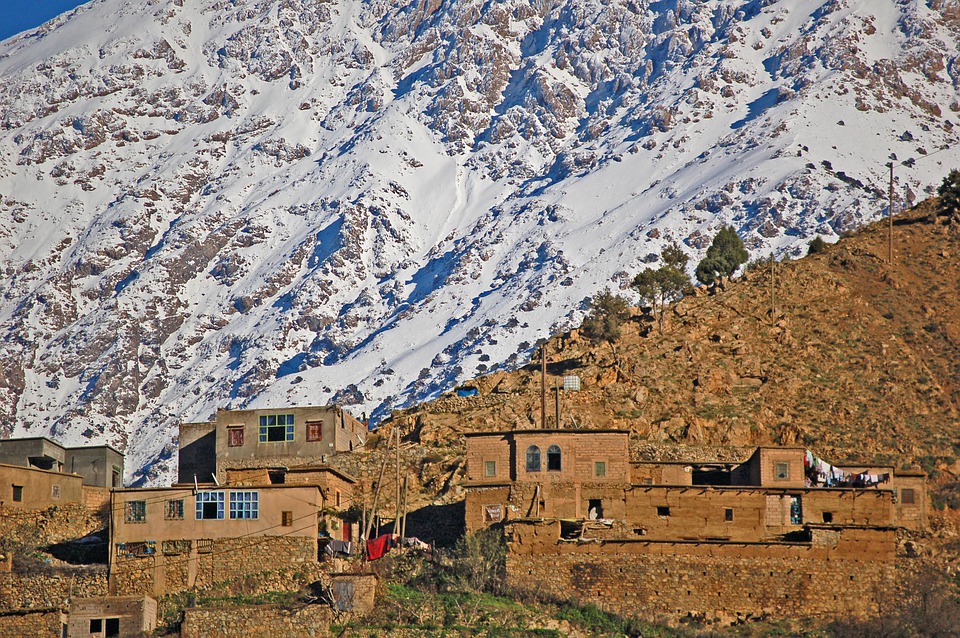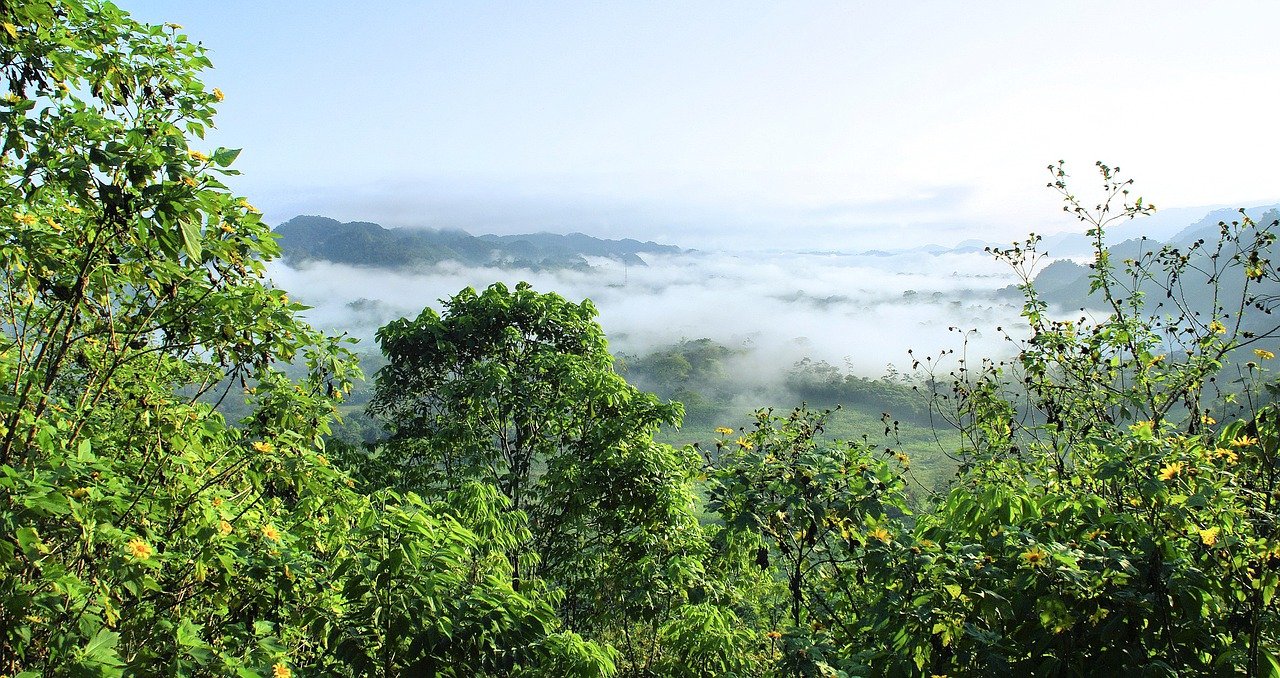News
- Details
- Category: Global News
The overarching theme of the 34th International Geographical Congress is 'Geography: Bridging the Continents.' The Congress will explore many areas relevant to mountain research, and includes a number of mountain-specific sessions. Abstract submission is now open and closes 11 January 2021.
The 34th International Geographical Congress will take place in Istanbul, Turkey from 16-20 August 2021. The Congress aims to focus on six key topics: Globalization vs Localization; Climate Change; Migration and Conflicts; Earth and Disasters; Eurasia and Middle East Studies; and Anthropocene.
- Details
- Category: MRI News
In this interview, Professor Adrienne Grêt-Regamey, Chair of Planning Landscapes and Urban Systems at ETH Zurich and MRI Principal Investigator, discusses mountain ecosystem services under pressure and the vital role of landscape planning in securing them for the future.
As the Chair of Planning Landscape and Urban Systems (PLUS) at the Swiss Federal Institute of Technology (ETH) in Zurich, Professor Adrienne Grêt-Regamey leads research into how humans shape landscapes, and vice versa. In a recent study published in the journal Ecosystem Services, for example, Prof. Grêt-Regamey and her co-author Bettina Weibel conducted a global assessment of mountain ecosystem services using earth observation data. In undertaking this research, Grêt-Regamey explains, they wanted to understand how mountains, as “sensitive social-ecological systems” and “sentinels of global change,” provide insights into “the effects of land use and population change on ecosystem services across the world.”
- Details
- Category: MRI News
In an article published last month in the journal Ecosystem Services, MRI Principal Investigator Prof. Adrienne Grêt-Regamey and her co-author Bettina Weibel investigate the specific contribution of mountain areas to ecosystem services.
- Details
- Category: MRI News
Every year since 2003, the UN declared International Mountain Day (IMD) is observed on 11 December, highlighting the issues and achievements that concern mountains, worldwide. This year, we reflect on the theme of “biodiversity” and the importance of recognising the value of mountains, for instance in hosting about half of the world's biodiversity hotspots. We also recall the crucial contributions that the mountain research community can make to safeguard mountain biodiversity as a global common good.
- Details
- Category: New Publication
Research published in the journal Hydrology and Earth System Sciences highlights the importance of liquid water percolation for modelling snowpack evolution in Mediterranean mountain regions.
In many Mediterranean mountain regions, seasonal snowpack is an essential yet poorly understood water resource. To help tackle this knowledge gap and support improved water resource evaluation and management, researchers have, for the first time, examined the spatial distribution and evolution of snow water equivalent (SWE) during three snow seasons (from 2013 to 2016) in the coastal mountains of Lebanon. The results were published in the journal Hydrology and Earth System Sciences earlier this year.
- Details
- Category: MRI News
The 18th Swiss Geosciences Meeting (SGM) took place virtually earlier this month, offering a series of scientific symposia on the diverse spectrum of current research in geosciences, encompassing the lithosphere, the hydrosphere, the cryosphere, the biosphere, the atmosphere, and the anthroposphere. Among the sessions on offer was the cross-cutting theme for the session titled 'Mountains as Contexts of Global Change', co-convened by the MRI, the Interdisciplinary Center for Mountain Research (CIRM), and the SCNAT Forum Landscapes, Alps and Parks (FoLAP).
Mountain regions offer concrete contexts through which challenges and opportunities of global change are experienced, perceived, and enacted. Combining multiple and diverse knowledge streams across the natural and social sciences, accounting for the complexity of social-ecological interactions, are increasingly called for in mountain research. So, how are we tracking along this imperative, and what exemplars of this type of integrative research are currently being undertaken by Swiss-based and other geoscientists working in mountains, worldwide?
- Details
- Category: Global News
The Intergovernmental Panel on Climate Change (IPCC) will open the Second-Order Draft of the Working Group II contribution to the Sixth Assessment Report (AR6) government and expert review next week, which includes a dedicated Cross-Chapter Paper on Mountains. The review runs from 4 December to midnight Central European Time on 29 January 2021. Registration for experts opened on 27 November and will be possible until midnight CET on 22 January. Registration details are here.
- Details
- Category: Global News
The UNESCO’s Man and the Biosphere (MAB) Programme has decided to relaunch the World Network of Mountain Biosphere Reserves to involve all actors working in mountain biosphere reserves, including a collaboration with the MRI to support the needs of this network in the short-medium to long-term. Parties interested in participating in this network are invited to complete a short survey to support the effective development of the network's structure.
UNESCO’s Man and the Biosphere (MAB) Programme is an intergovernmental scientific programme that aims to establish a scientific basis for enhancing the relationship between people and their environments. It combines the natural and social sciences with a view to improving human livelihoods and safeguarding natural and managed ecosystems, thus promoting innovative approaches to economic development that are socially and culturally appropriate and environmentally sustainable.





